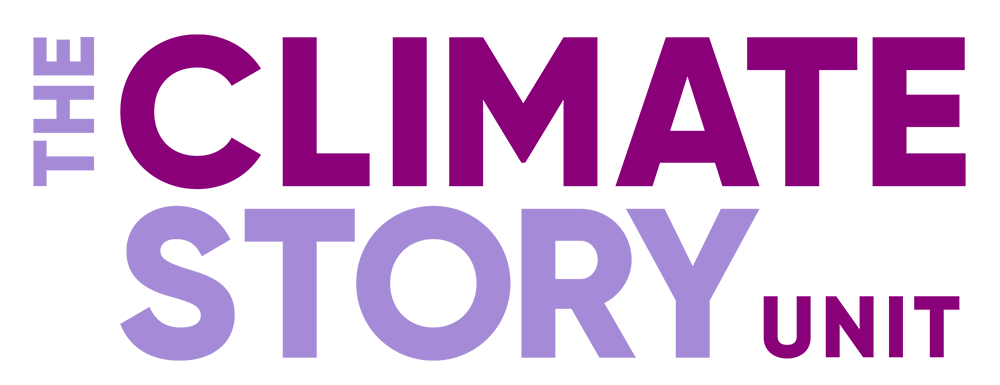Amazing Azerbaijan
Short film Completed 2013
A sugary duet with the unintentionally ironic title “Running Scared” secured the contest for this oil and gas-rich, secular Shia, former Soviet Republic on the Easternmost tip of Europe last year. The competition claims to be an apolitical celebration of European unity; but when the President of Azerbaijan declared the victory a national achievement he offered the nation up to the harsh glare of the international spotlight, for better or worse. According to international observers, the government's record on press freedom, transparency, and democratic principals leaves much to be desired. AMAZING AZERBAIJAN! is a tale of two countries: one a shiny democratic republic the government proudly puts on display for visiting journalists and dignitaries, the other a repressive and corrupt land with no respect for freedom of expression or assembly, in which bloggers are arrested on trumped up charges, peaceful protesters are violently beaten, and journalists are threatened and even killed.
LONG SYNOPSIS
A sugary love-song with the un-intentionally ironic title “Running Scared” secured the contest for the oil-rich former Soviet Republic Azerbaijan. Never has the contest been held so far east (Baku is east of Baghdad), and this is only the second time it has been hosted by a majority Muslim country. Azerbaijan also won a seat on the UN security council in 2011, but it is the pop victory that has put the country on the Euro-map. The president declared it a national achievement. It was supposed to be a feel-good moment for the nation, and a chance to show off to the rest of Europe; but the reality is more complicated.
Eurovision claims to exemplify the values of Europe, but Azerbaijan's record on freedom of press and of assembly, transparency, and political prisoners is spotty. Peaceful protesters are beaten and arrested – sometimes held for months. Bloggers and even Facebook users who criticize the government or call for protest risk being framed with charges like “hooliganism” drug possession and sentenced to a few years in prison. Reporters who take on the ruling family and investigate corruption face severe beatings and blackmail. One has been killed.
Amazing Azerbaijan! is a tale of two Azerbaijans: one the shiny, tolerant, secular democratic republic that the government proudly puts on display for visiting journalists and dignitaries; the other a repressive and corrupt oligarchy with little respect for democracy or human rights. We get a tour of Baku, which one young resident proudly explains will be the next Dubai, from an energetic Eurovision representative; learn about independence and the Soviet past at a snowy national day of mourning; and hear from government officials who explain that young Azerbaijan still needs time to mature. We also meet an array of young writers and activists who have run into trouble with the government, including a musician who was arrested, beaten, and tortured one month after our interview and a journalist whose sex-life was exposed to the world by hidden cameras planted in her house (again a month after we met her). And we talk to politicians in the UK, the Azerbaijan's single-largest foreign investor, to find out why the rest of Europe tolerates the regime's behaviour. Interspersed throughout are scenes from Eurovision try-outs in Baku and excerpts from the president's triumphant speeches. Merging a pop sensibility with engaging characters and political reportage, the film is timed for broadcast during Eurovision 2012.
Azerbaijan is a dynastic republic: the same family has ruled for two decades. Heydar Aliyev came to power in 1993, elected with 98.8% of the vote; when he died in 2003, he set up his son, Ilham, to take over – leading to massive protests on the streets of Baku which were violently put down. The second Aliyev was re-elected in 2008 with 87% of the vote, though the election was boycotted by the opposition and criticized by Western observers. He has since amended the constitution to do away with term limits. The Council of Europe has criticised every election, yet refused to sanction the country in any way. Azerbaijan presents itself as a thriving democracy. The film asks why Europe plays along.
Could it have something to do with the fact that Azerbaijan is a key supplier of oil and gas from the Caspian Sea, offering an alternative to energy from Russia? Or with Azerbaijan's status as a secular Shia-Moselm republic, neighbouring Iran? Or with the way the Aliyev regime spends oil wealth, treating powerful friends to oil concessions and beautiful women? Or even with the cameras alleged to be hidden in the hotel rooms of visiting dignitaries?
The excitement around Eurovision offers an unorthodox lens through which to examine basic issues of human rights, and a number of activists have seized on this, hoping that for a brief moment the world might care about their struggle. The Eurovision organisers meanwhile argue that the contest is no place to play out political grievances. Of course, there are ironies everywhere: Azerbaijan's entry in Eurovision this year will sing a song called “When the Music Dies”.
Outreach Work Supported
Key influencer screenings including European Parliament and UN to draw attention to human rights abuses and corruption in Azerbaijan.
Crew
Liz Mermin
Directors
LIZ MERMIN:
LIZ MERMIN’s documentaries explore a variety of subjects - the personality quirks of charismatic Irish Racehorses (HORSES 2010), culture-clashes between Afghan and American hairdressers (THE BEAUTY ACADEMY OF KABUL 2004), and the relationship between Bollywood, cops, terrorists (SHOT IN BOMBAY 2008). She’s made five films for BBC's Storyville strand (the above plus TEAM QATAR 2009 & OFFICE TIGERS 2006), and the majority have been released in cinemas in the US or the UK. She's currently directing a strand of short films about the people working at CERN, the particle physics laboratory outside Geneva. She has also directed/produced and edited docs and PSAs for many American broadcasters and for Arte, and a series of shorts for SONY. A former New Yorker, she has been based in London since 2006.
AISLING AHMED - CROW HILL FILMS:
Crow Hill Films was founded by Aisling Ahmed in Edinburgh, Scotland in 2009 and expanded to Galway, Ireland in 2012. Aisling has over 12 years experience working in documentary production. In 2009 she produced Liz Mermin’s feature documentary HORSE, for West Park Pictures/Little Bird, funded by the Irish Film Board, BBC Storyville and RTE. It premiered at Sheffield Doc/Fest and internationally at Hot Docs.
AMAZING AZERBAIJAN! is the Crow Hill Films first production and has to date sold to 8 European territories, including Austria, Denmark, Finland, Ireland and Germany. The company is currently in production on a series of projects including Marc Isaac’s latest feature documentary, The Road: A Story of Life & Death, a co-production with Rachel Wexler’s Bungalow Town Productions, for the Irish Film Board and BBC Storyville, which will premiere at the BFI London Film Festival 2012.








